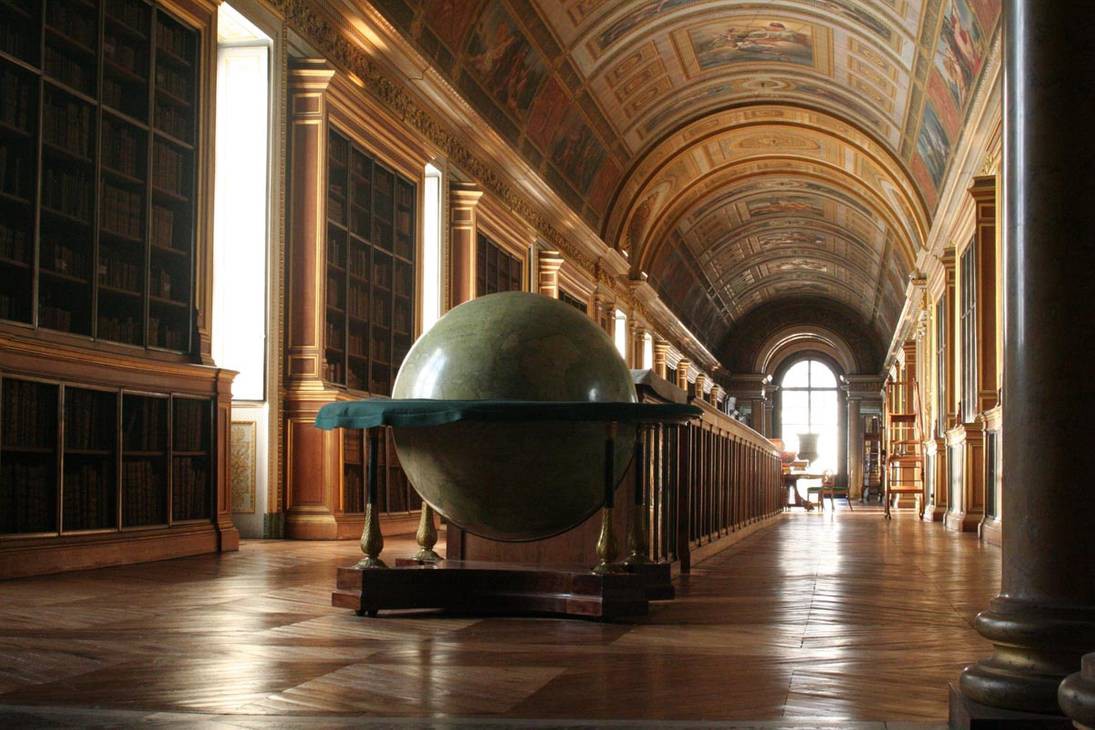From Jonathan Swift’s The Battle of the Books (1704).
Matthew Arnold used the phrase “sweetness and light” in Culture and Anarchy (1869) to elaborate his idea of culture as a humanizing and ennobling force.

From Jonathan Swift’s The Battle of the Books (1704).
Matthew Arnold used the phrase “sweetness and light” in Culture and Anarchy (1869) to elaborate his idea of culture as a humanizing and ennobling force.